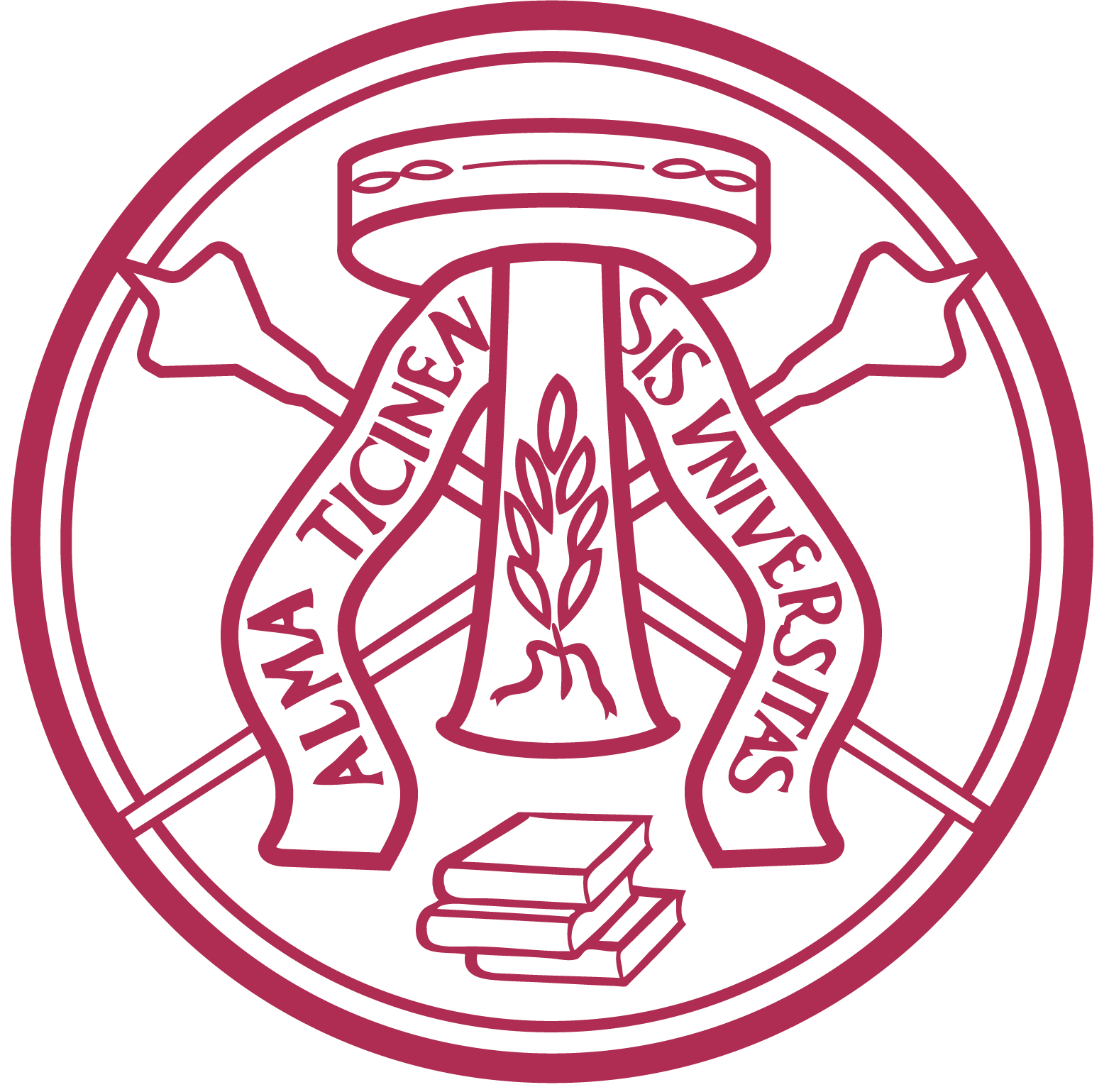Applied research and technological transfer
Foreword. Application-oriented research topics (often interdisciplinary in nature) have acquired an increasing role over the last years, in different fields of physics and especially in condensed matter. The reasons are manifold: the unique chance to give a significant contribution to the social and economical progress through research programs that are of broad industrial interest and through technological transfer towards industries and research institutions; the need to attract external fundings beyond the (shrinking) ones devoted to fundamental research; the possibility to be involved in medium/long term research programs in strategical fields for the whole society; the great cultural opportunities given by interdisciplinary areas (e.g. the physics of living systems, micro- and optoelectronics, energetics, cultural heritage), and by the development of device physics. Looking at the past, it is evident that fundamental discoveries, also including physical effects of great relevance, most often came from studying and developing various kinds of devices: to give an example, let's remember the discovery of the quantum Hall effect, which was essentially made possible by the availability of a high-mobility MOSFET Silicon transistor. Applied and interdisciplinary research greatly enhances the cultural chances with respect to the traditional basic research, establishing a fruitful link between University and industries, society, economics, public and private sectors. In summary, a scientific Department has to produce and spread knowledge through both basic and applied research projects, for several reasons that go beyond the funding opportunities.
Applied research lines. The Department of Physics is strongly involved in a number of research lines with applied and interdisciplinary character, which largely fall within the strategical areas indicated in national as well as european research roadmaps: healthcare and biomedical physics, energy, Information and Communication Technology (ICT), cultural heritage, science education. The Department also supports joint research programs with industries as well as public and private institutions on application-oriented topics, through the technological transfer. The applied research activities carried out at the Department are briefly described in the following areas:
- Healthcare, biomedical physics, and nanomedicine
- Energy: photovoltaics, hydrogen
- ICT (Information and Communication Technology)
- Cultural heritage
- Science education
Technological transfer. The Department of Physics carries out various research lines in collaboration with industries on the strategic topics listed above. An important goal of such activities is the direct transfer of specific knowledge developed withing the Department to practically realize new applications, technologies, highly innovative products. The Department supports participation to industrial research projects, not only aimed at developing basic ideas, but also to produce test samples and prototypes. Among the industries with which there are active collaborations it is worth mentioning ENI S.p.A., ST Microelectronics, Pevafersa, Bracco Imaging, Bruker Biospin, Colorobbia, Horiba Jobin Yvon.
Moreover, the Department promotes preservation of its intellectual property, and the inventions realized within its own research activities, also through the submission of patents. In the case of inventions originated from collaborative research with industries or other institutions, the Department favours the filing of joint patents, at conditions that preserve the visibility of the University contribution as well as the industrial interest for economic and exploitation.
The Department strongly supports the creation of spin-off companies, especially from young researchers, as a means to facilitate the development of new technologies, in strict collaboration with academic research. As an example, from the Department research activity in the field of biosensors, in collaboration with the JRC of European Commission, the spin-off company PLASMORE - Plasmonics for Molecular Recognition has been created, which has been recognised as academic spin-off from the University of Pavia. The Department hopes for the growth of PLASMORE, but also for the creation of other spin-off companies to enhance the value of its own research activity.
All these activities are done in collaboration with Center for Innovation and Technological Transfer of the University of Pavia.



